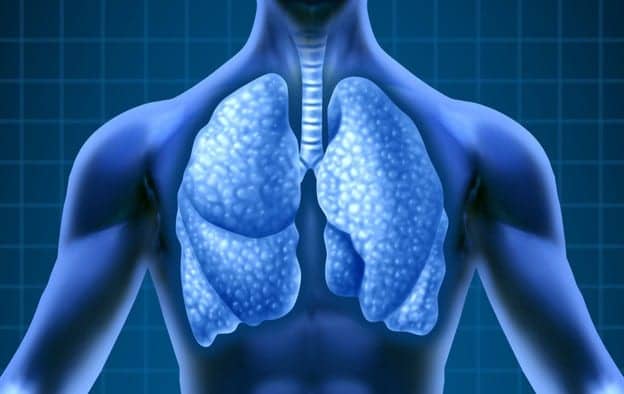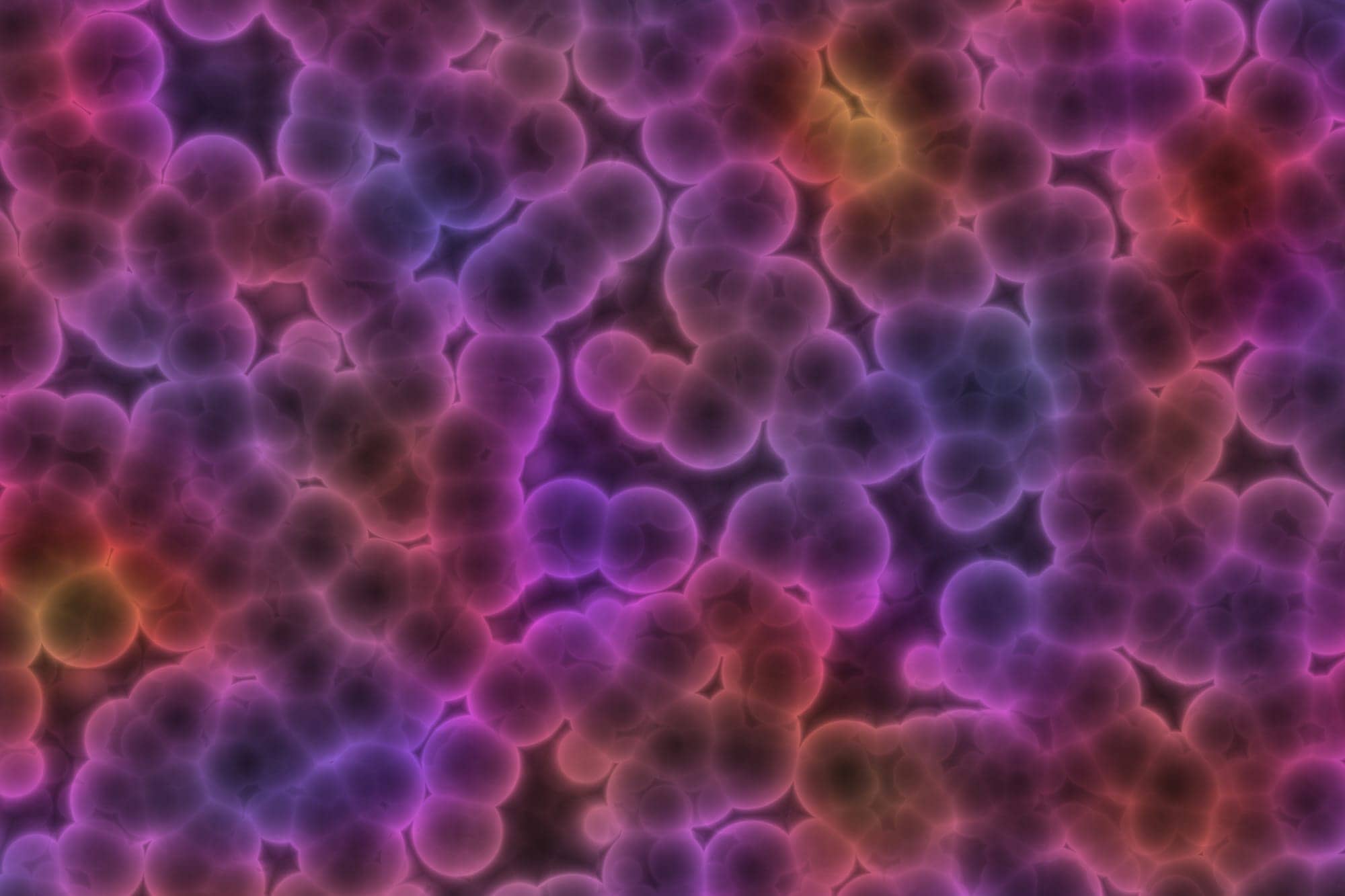A short, “post-exposure” course of treatment with direct-acting antivirals (DAAs) enabled successful transplantation of hepatitis C virus (HCV)-infected hearts and lungs to uninfected recipients in a new trial of “HCV-mismatched” transplantations, reports MD Magazine.
The trial expands on earlier studies with kidney and liver transplantation from infected donors, which suggest the feasibility of treatment of HCV infection early after transplantation. This trial was conducted in the initiative, DONATE HCV, an acronym for Donors of Hepatitis C NAT (nucleic acid amplification test) Positive Thoracic Allografts for Transplantation Evaluation in Non-HCV Recipients.
Ann Woolley, MD, MPH, Division of Infectious Diseases, Brigham and Women’s Hospital, Harvard Medical School, Boston MA, and colleagues argue that DAA treatment of HCV contracted from transplantation of infected heart or lung can allow expansion of a currently inadequate organ donor pool.
“Although organ transplantation has increased by 20% during the past 5 years—largely because of an increase in the number of available donors who have died from a drug overdose—many organs that are otherwise medically suitable for transplantation have not been used because of HCV infection in the donors,” Woolley and colleagues explained.










